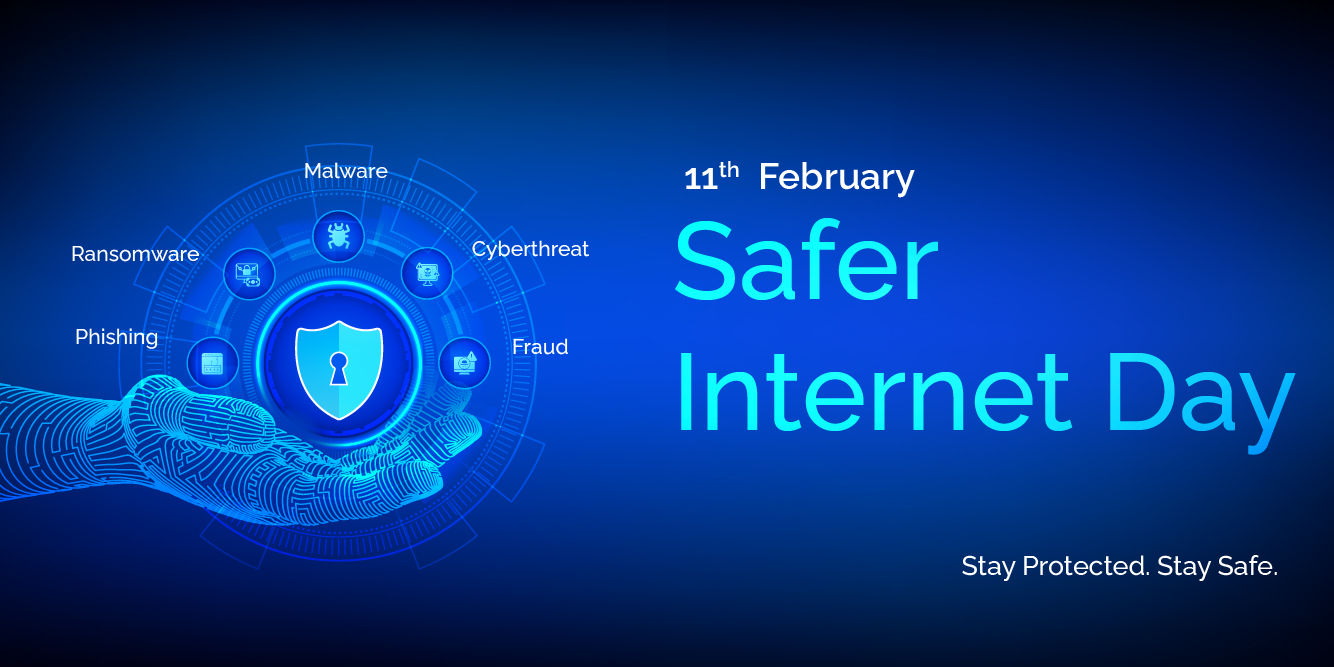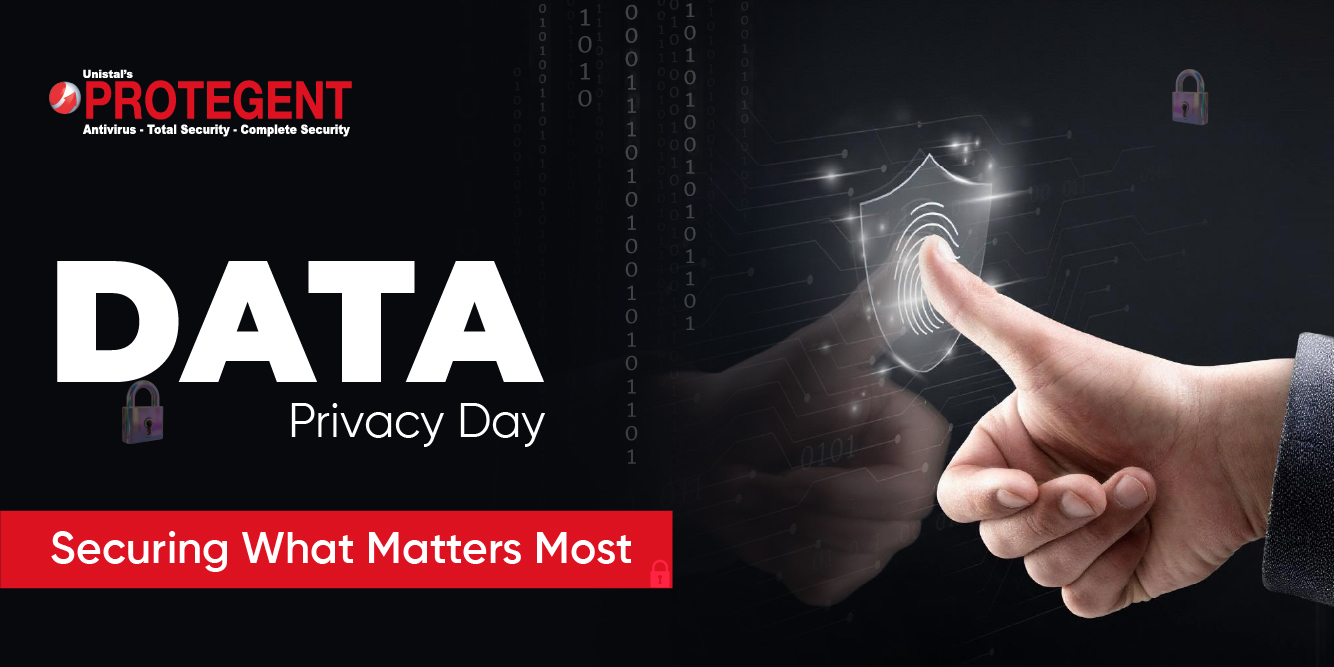College Life & Cyber Threats: Are You Safe in the Digital Age?
You must agree with me on this: college life isn’t what it used to be. A decade or two ago, there were no smartphones, no social media, no online games, and definitely no AI tools shaping daily life. Today, everything is just a click away, and for students embarking on their college journey, the digital world is just as important as the real one. While staying connected has its advantages, the downside is that cybercriminals are also more connected than ever, waiting for the right moment to strike. The Digital Risks College Students Face College students are among the most vulnerable to cyber threats. Their frequent use of digital platforms, reliance on public Wi-Fi, and general lack of awareness about cybersecurity make them easy targets. Here’s how cybercriminals exploit students: Phishing Scams: Fake emails from banks, social media, or even their own college
Read More









